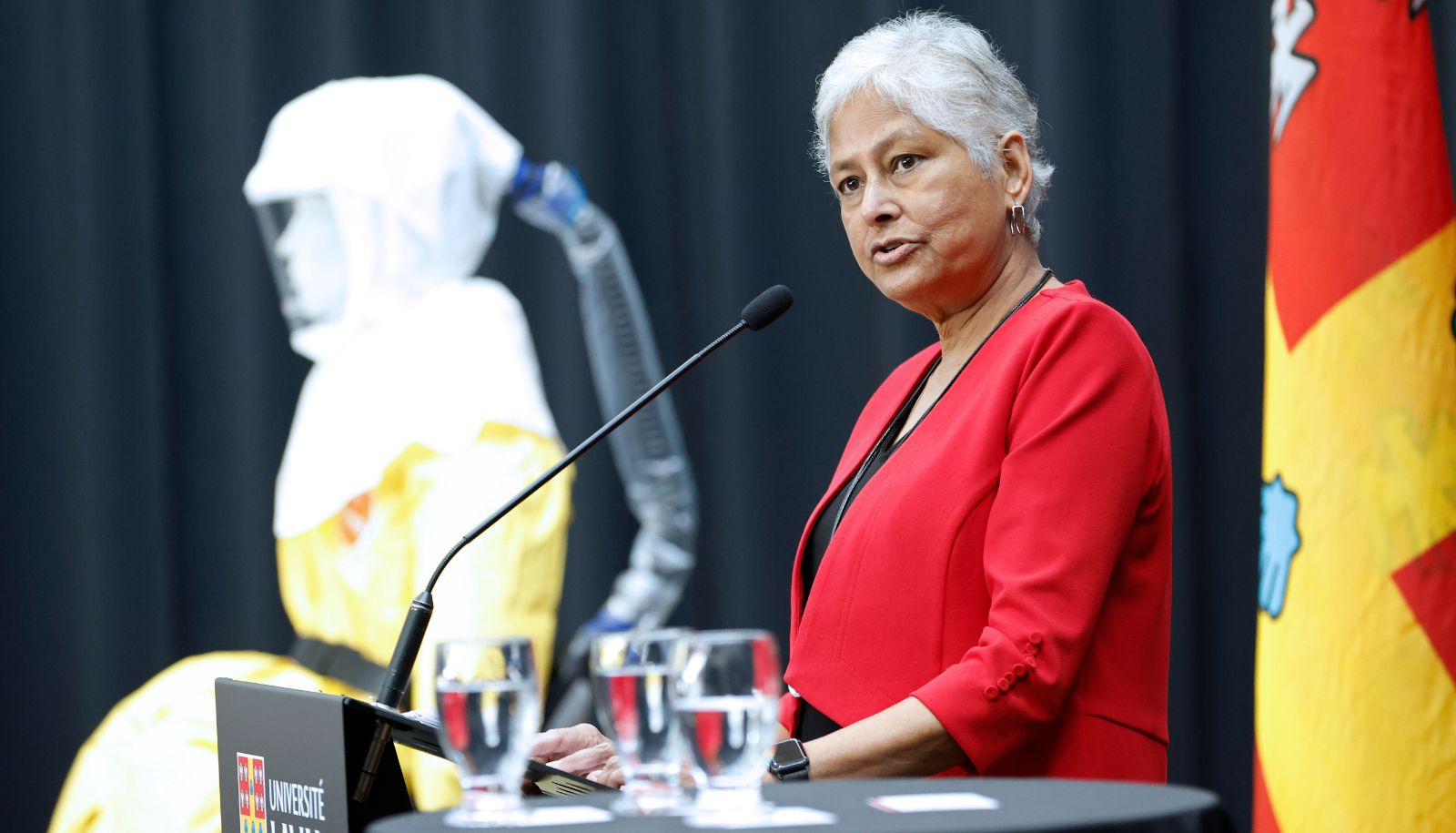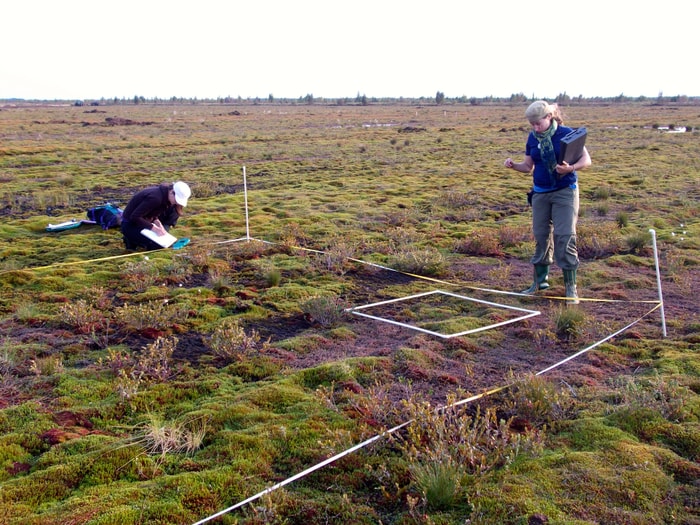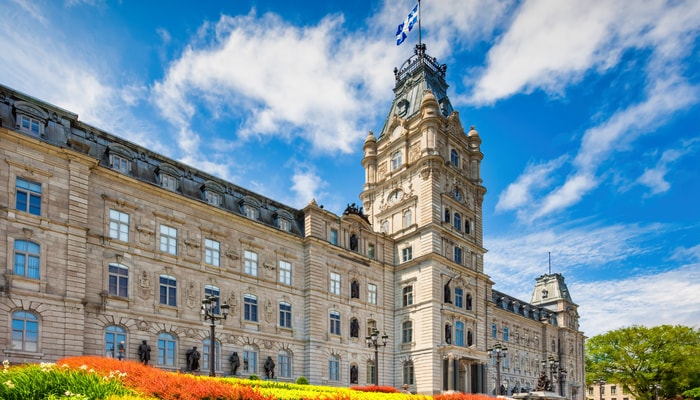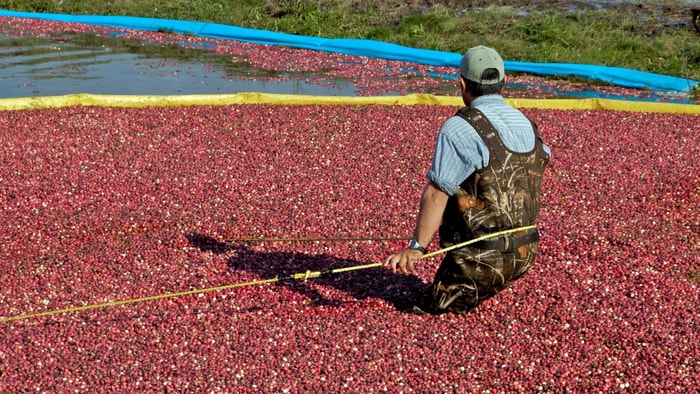4 juillet 2024
Trudeau Polimeter 3.0: third-year update
How do the promises of Justin Trudeau’s Liberal Party government fare after a third budget? The Centre for Public Policy Analysis (CAPP) of Université Laval’s Faculty of Social Sciences unveils the results of the updated Trudeau Polimeter 3.0.
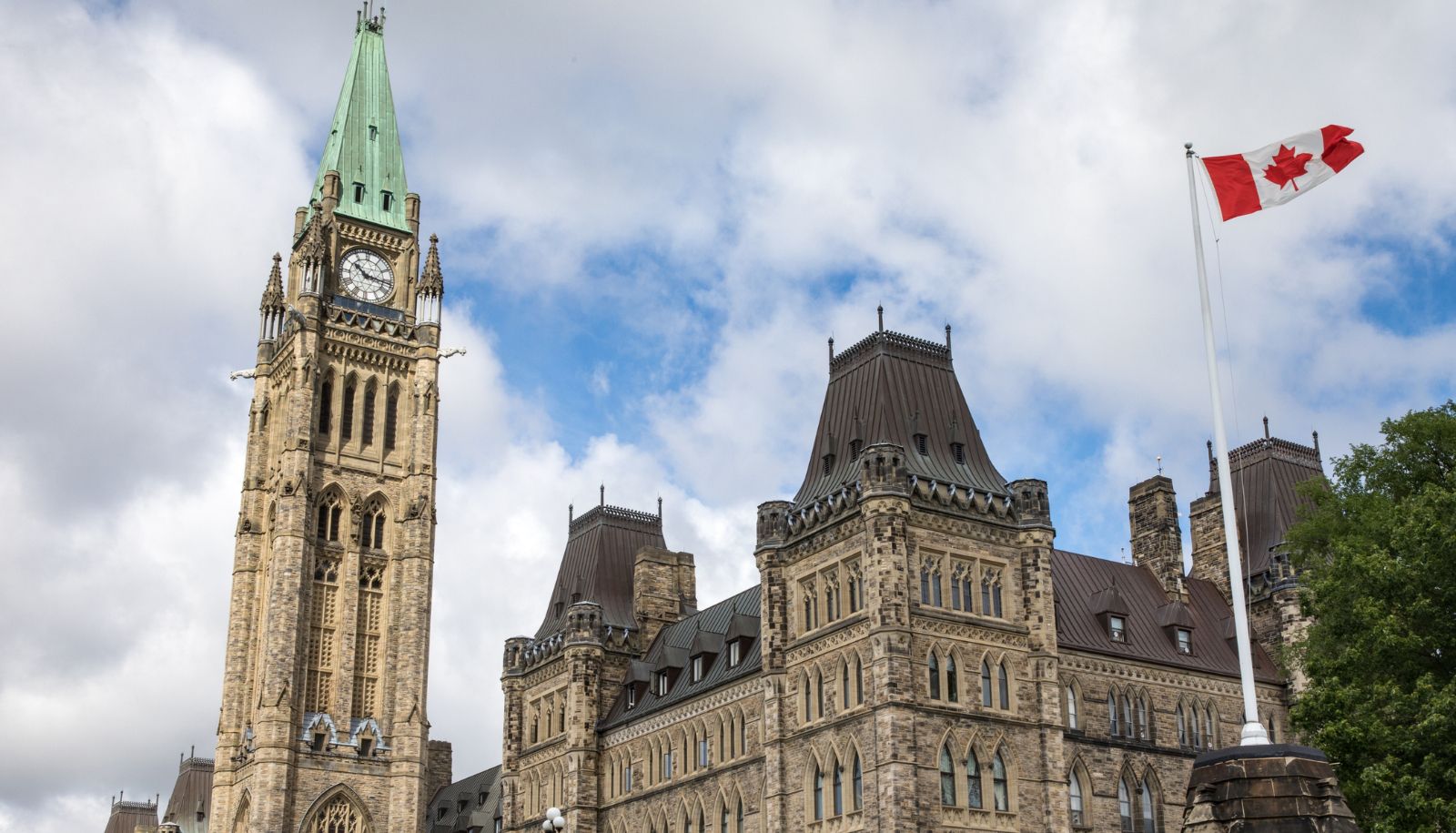
— Getty Images
In June 2024, the Polimeter team’s verdicts show that the Liberal Party of Canada government has succeeded in completely fulfilling (36%) and partially fulfilling (21%) more than half of its 354 promises, while 28% of these are in progress and 11% remain not yet rated. The government has broken 4% of its promises.
Targeted Promises
According to the Polimeter team, promises relating to housing and Aboriginal affairs saw notable progress in the first half of 2024. “The third Liberal budget enhanced the funding already granted to fulfill promises aimed at accelerating housing construction, converting vacant offices and retail space into housing, or catching up with Aboriginal housing and infrastructure conditions,” reports Lisa Birch, Associate Professor in the Department of Political Science at Université Laval, and Executive Director of CAPP.
She points out that the Trudeau government brought the federal government back as a player in this field of public policy by adopting the National Housing Strategy in 2019. Since then, the government has been trying to implement this strategy in an area of public policy falling under provincial, territorial, and municipal jurisdiction. “The deployment of this strategy is very complex because of the multiple public and private players who must coordinate their actions to set up, authorize, and carry out construction projects to increase the supply of affordable housing,” she sums up.
Thehe Liberal government eliminated the “rent-to-own” component of the national housing strategy. By eliminating it and reallocating funds to other elements, the government is breaking its promise to implement such a program targeting renters who wish to become homeowners while keeping other housing promises.
Overall results in perspective
According to data from the Polimeter team, going back to 1993, governments end their mandate with around 56% of promises fulfilled, 14% partially fulfilled and 30% broken. “With 36% of promises fulfilled and 21% partially fulfilled, there would still be some work for the government to meet or exceed the historical average of promises completely fulfilled. After 900 days in office, however, we can see that the current government has been quite active: only 15% of promises are not yet rated or broken,” notes Alexandre Fortier-Chouinard, data scientist and researcher at CAPP.
The data scientist reports that the last minority government led by Justin Trudeau, from 2019 to 2021, did not get as far in its mandate, having fulfilled just 23% of promises and broken a higher percentage of 48% (166 out of 343 promises). “Of course, this does not mean that all promises have the same value nor should all be fulfilled. That is for Canadians to judge,” he continues.
According to Alexandre Fortier-Chouinard, the Trudeau government has just over a year to make good on its not-yet-rated and in-progress promises, unless the government calls for an early election or loses a vote of confidence.
The Polimeter team will continue to monitor the fulfillment of promises until the next election, scheduled for October 20, 2025. The updates, made possible by funding from the Centre for the Study of Democratic Citizenship, offer citizens user-friendly access to transparent and reliable political information.
The Polimeter team also invites citizens to explore its web application, which allows them to track the progress of promises throughout of the mandate and obtain more information on each pledge.
For information and interviews:
Lisa Birch, Researcher and Adjunct professor
Centre for Public Policy Analysis (CAPP)
Department of Political Science
Faculty of Social SciencesUniversité Laval
418 609-3920
Lisa-Maureen.Birch@capp.ulaval.ca
polimetre@capp.ulaval.ca
Alexandre Fortier-Chouinard, scientifique des données
Centre for Public Policy Analysis (CAPP)
PhD candidate in Political Science
University of Toronto
581 989-8676
alexandre.fortier.chouinard@mail.utoronto.ca
Source:
Communications Department
Université Laval
418-656-3355
medias@ulaval.ca



